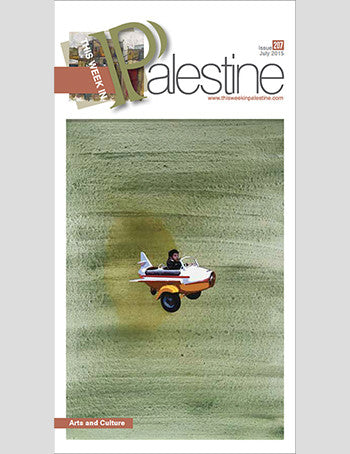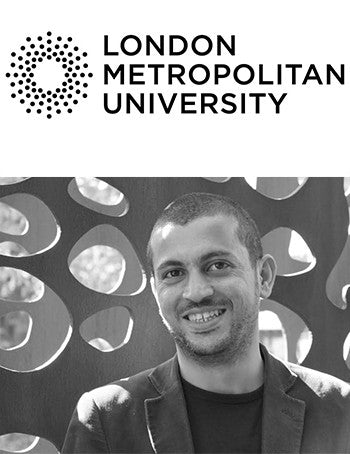
THIS WEEK IN PALESTINE
Book of the Month: Vanished
I did not want to write a novel that would just tell another story about the occupation in Palestine and the suffering we endure as a result. I wanted to dig deep into our inner selves and reflect a bit more about how we as Palestinians deal with such monstrous situations. This is why Omar is the anti-hero, the unconventional misfortunate boy who is determined to find his missing father in Gaza despite all the destruction around him.
I look back at the years I spent in Gaza, growing up in a society that had many stories to tell - of loss, of identity, of determination, and of pride. All of which have been eloquently captured by brilliant Palestinian writers who perhaps possess better literary ingenuity than myself, a Palestinian boy from Gaza writing a first novel in English. But the psychological effect of occupation on people is frequently missing from this discourse; we are often too shy to look back at how we've dealt with the current situation, and sometimes we would like to think that we are faultless.
Vanished is a fictional story set against the political unrest in Palestine, following a young boy as he tries to find his father. The deeper he investigates into his father's mysterious disappearance, the more he finds himself forced to make terrible choices, testing his loyalty to his country and his family. Suspecting his uncle of murdering his father, eight-year-old Omar decides to take things in his own hands and find out what exactly happened in February 1982, five months after he was born. He keeps a close watch on his uncle after finding a letter from a property solicitor regarding changes of ownership to Omar's house in the dirty Jabalia Refugee Camp in Gaza.
My novel is also about reconciling with the past and moving on. It is about peace and coming to terms with what has happened. Omar's journey is fictional; however, it describes real life in the Gaza Strip between 1981 and 2011. This period witnessed three major events that have shaped the current situation, namely, the first Intifada, the Oslo Accords, and the second Intifada. While politics provide an important background to the story, the novel does not aim to give any political opinion. Instead, it sheds light on what it is like for a young boy to lead an ordinary life in an extraordinary place often described as "hell on earth."
Everything that has happened to Omar is because his life is totally controlled by the occupying Israeli forces, his choices are limited, but his love for his father is beyond any reasoning. He is a normal kid who believes that he can change things at the age of eight but ends up making things worse for himself and the people around him. Will the truth torment him or set him free?
The dedication on the first page of the novel is "for my fellow brave Palestinians who have given their lives in the search for freedom and dignity." I would like to add here that it is also for all Palestinians, whoever they are and whatever way they've responded to Israel's bullying: for those who negotiated, resisted, stood aside, and cried silently, for those behind prison bars, for those who have left, and for those yet to be born.


